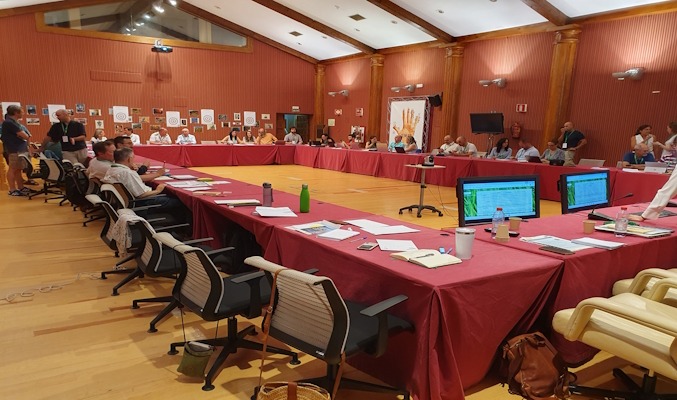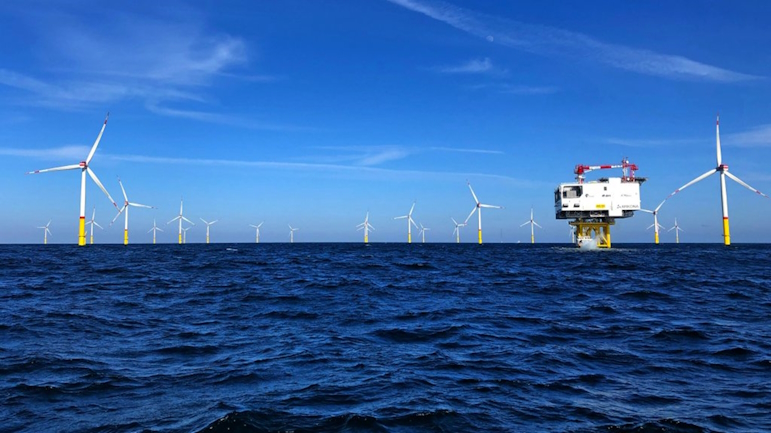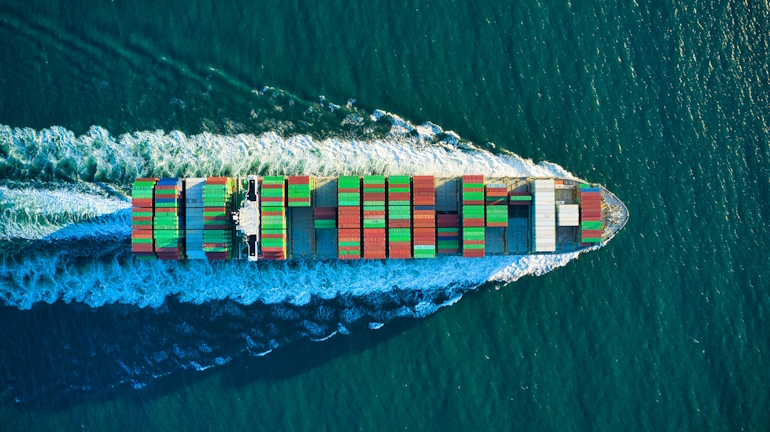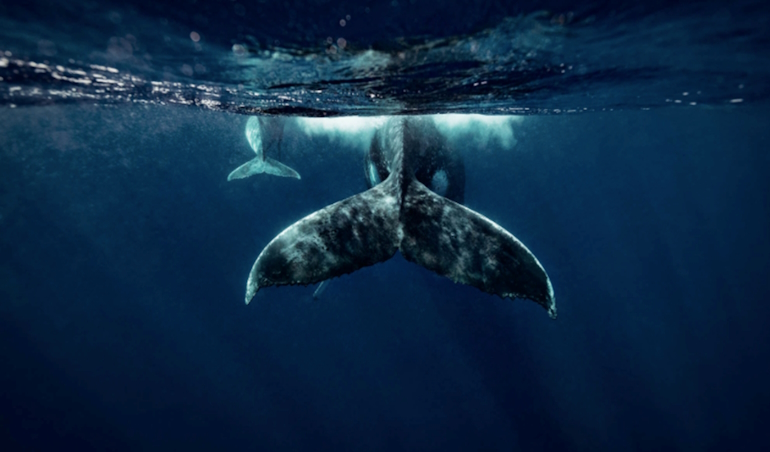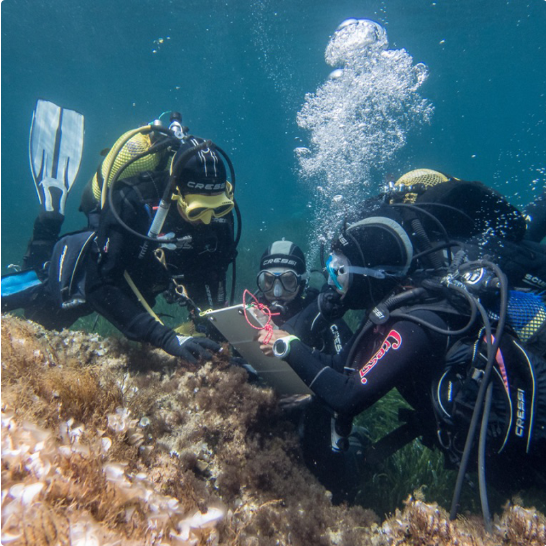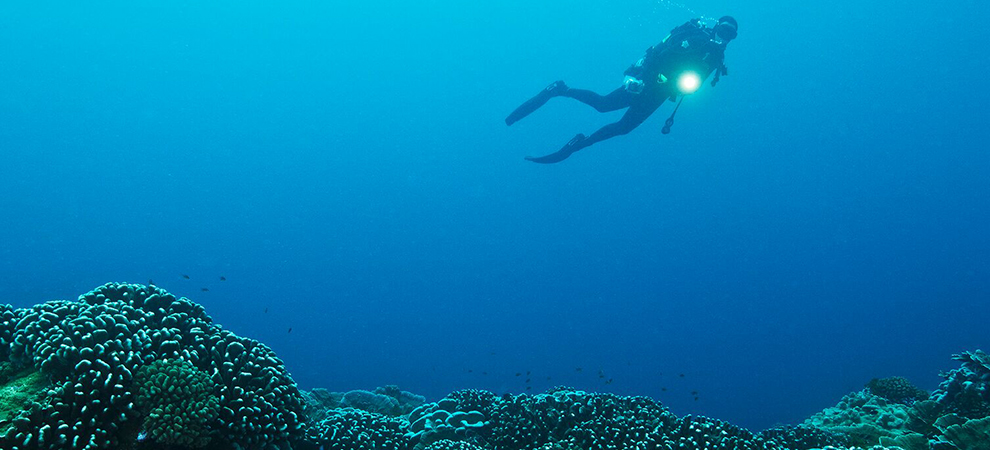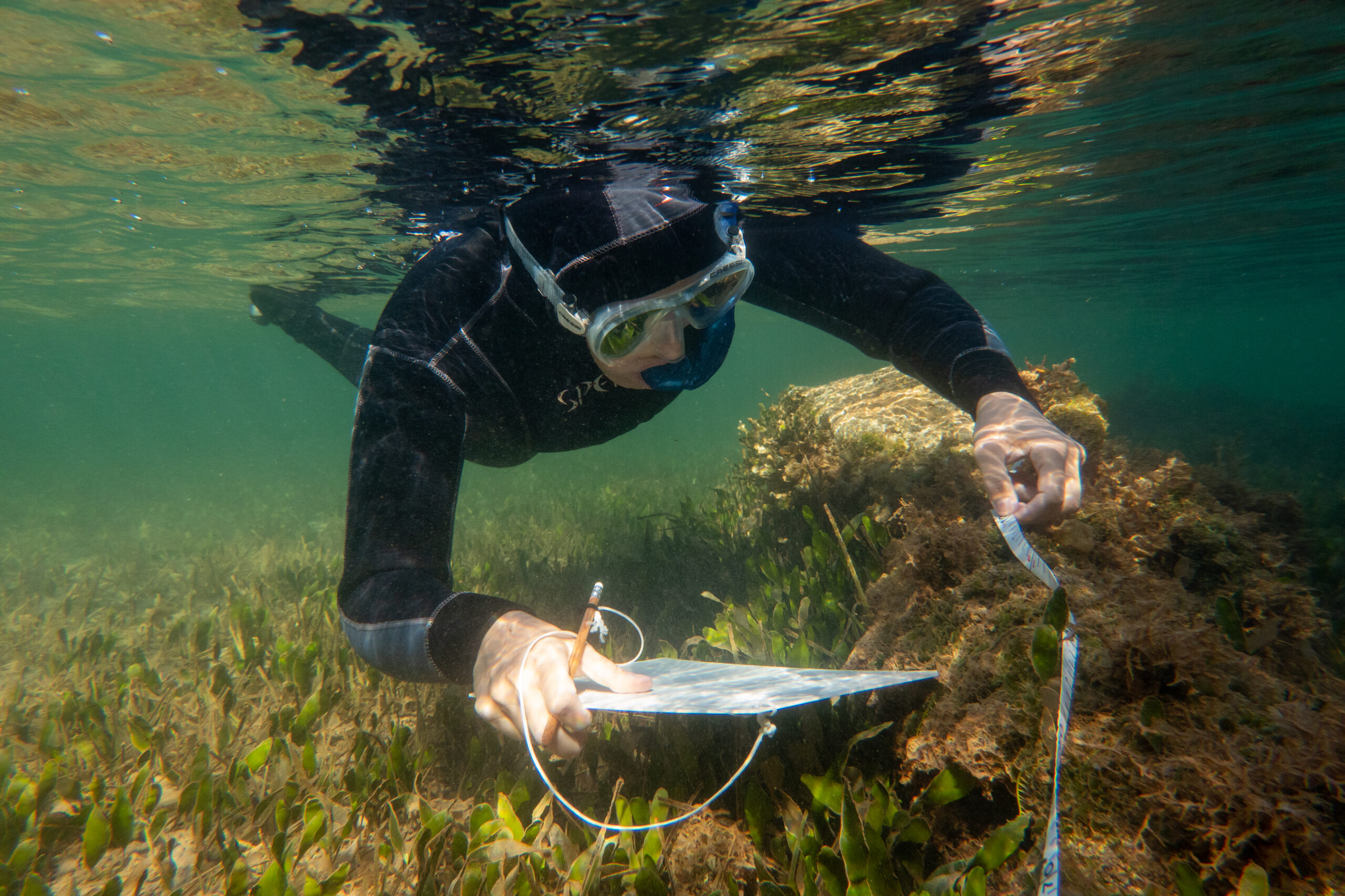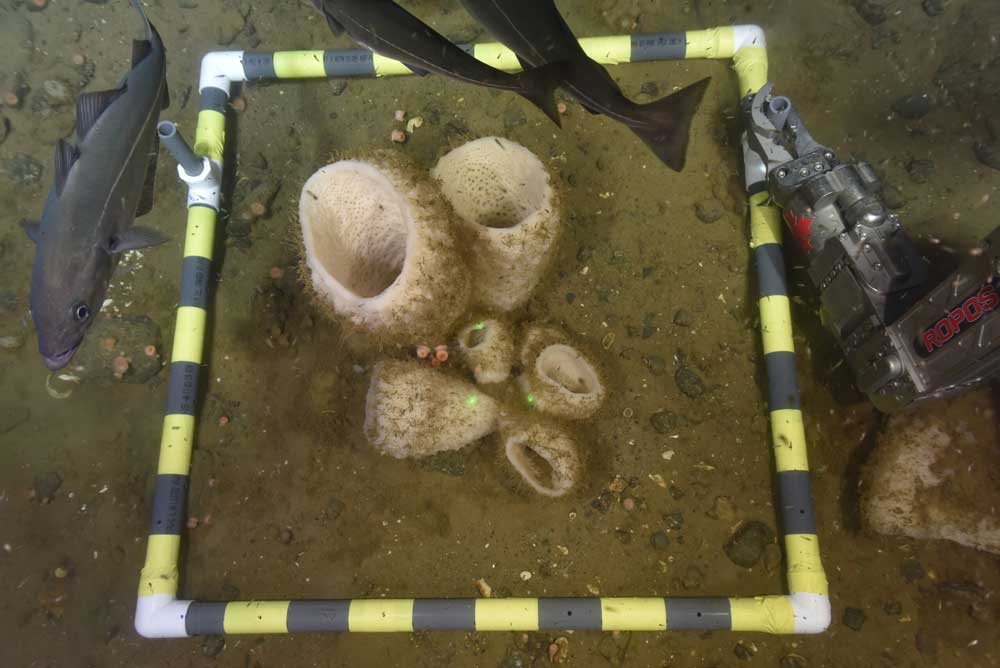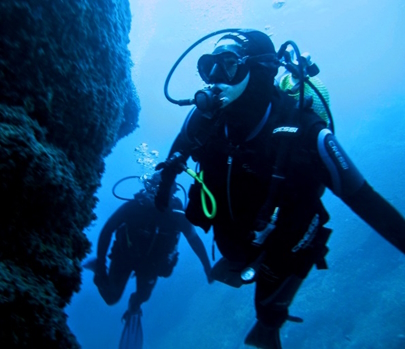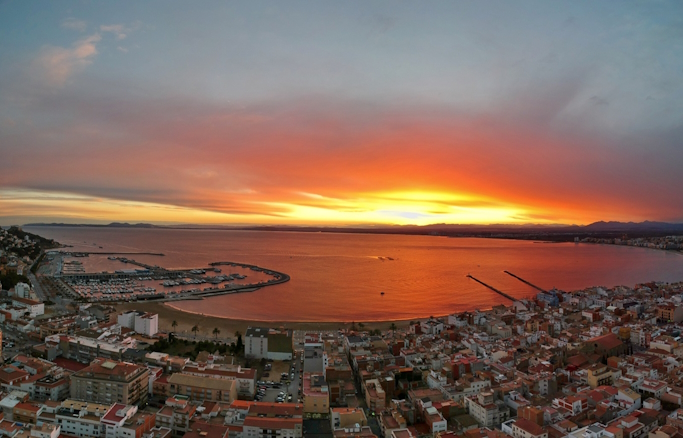
Evaluation and assessment of the potential ecological and social impacts of offshore wind farms in areas of high Biodiversity and high Landscape value: the example of Cap de Creus/Golf de Roses(BIOPAIS)
Evaluation of the potential ecological and social impacts of offshore wind farms in areas of high biodiversity and great landscape value of the Spanish Mediterranean, taking as a case study the wind farm proposed in the area of Cap de Creus/Gulf of Roses, to contribute to avoid or minimize the impacts of offshore wind on marine biodiversity and the landscape.

